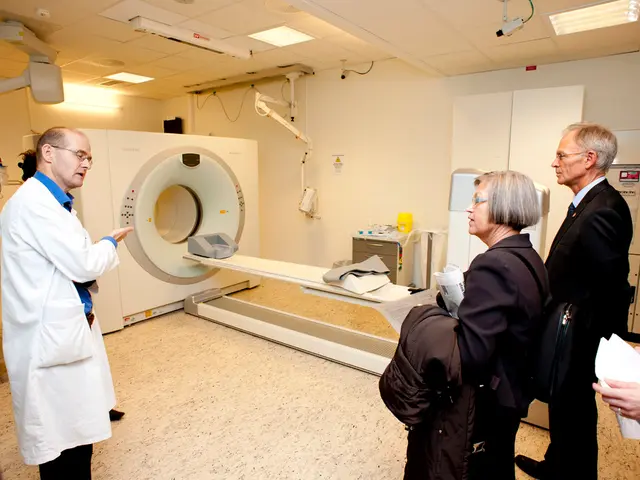Impact of Bipolar Disorder on Romantic Relationships
In relationships where one partner has bipolar disorder, common challenges and effective strategies for maintaining a healthy bond are well-documented. Managing symptoms, communication, emotional demands, and mutual support are key components in navigating this unique dynamic.
### Common Challenges
The non-affected partner often takes on a caregiving role, managing treatment and monitoring symptoms, which can lead to stress and caregiver fatigue. Emotional stress is also a significant factor due to mood swings and symptom fluctuations, which can impact relationship stability.
Maintaining intimacy can be challenging as bipolar disorder affects both physical and emotional intimacy due to changes in libido and mood. Communication difficulties are common, with mood episodes leading to misunderstandings, conflicts, and emotional distance.
Couples may struggle with external stigma, leading to feelings of isolation, and the unpredictable nature of bipolar disorder can disrupt daily routines and plans, challenging the couple's sense of normalcy.
### Tips for Maintaining a Healthy Relationship
Educating oneself about bipolar disorder, including symptoms, triggers, and treatment options, helps foster understanding and empathy. Practicing validation and reflective listening, maintaining open and effective communication, setting and respecting boundaries, seeking professional and social support, fostering acceptance and curiosity, and prioritising self-care are all essential strategies for partners without bipolar disorder.
Spending quality time together and engaging in shared activities can help nurture intimacy and bonding, while being consistent with treatment and sharing feedback can help people with bipolar disorder have healthy relationships. Partners might have to sacrifice some of their leisure time and self-care to attend to their significant other's needs.
### Role of Family Therapy
Involving both partners in therapy can improve communication, increase empathy, and develop coping skills tailored to managing the disorder’s impact on the relationship.
By combining education, communication, support, and self-care, couples can navigate the challenges presented by bipolar disorder and build a fulfilling, resilient relationship despite the difficulties.
- In aq relationship, the non-affected partner may experience stress and fatigue due to the role of caring for a partner with bipolar disorder.
- Degeneration of intimacy can occur as bipolar disorder affects both physical and emotional intimacy, leading to changes in libido and mood.
- Communication difficulties often arise due to mood episodes, resulting in misunderstandings, conflicts, and emotional distance.
- External stigma surrounding bipolar disorder can lead to feelings of isolation, causing disruption in daily routines and plans, impacting the couple's sense of normalcy.
- Education about bipolar disorder, such as understanding symptoms, triggers, and treatment options, can help foster understanding and empathy.
- Validation and reflective listening, coupled with open and effective communication, can strengthen the bond between partners without bipolar disorder.
- Lifestyle factors, such as setting and respecting boundaries, seeking support, fostering acceptance and curiosity, and prioritizing self-care, are important strategies for caregivers.
- Spending quality time together and engaging in shared activities can help nurture intimacy and bonding, while consistent treatment will benefit those with bipolar disorder.
- Involving family therapy can improve communication, increase empathy, and develop coping skills tailored to managing the disorder's impact on the relationship.
- Mental-health, nutrition, fitness-and-exercise, and education-and-self-development are essential components of maintaining a healthy relationship, as well as providing support and understanding.
- With the right tools, couples can build a fulfilling, resilient relationship despite the challenges associated with bipolar disorder, through a combination of education, communication, support, and self-care.




